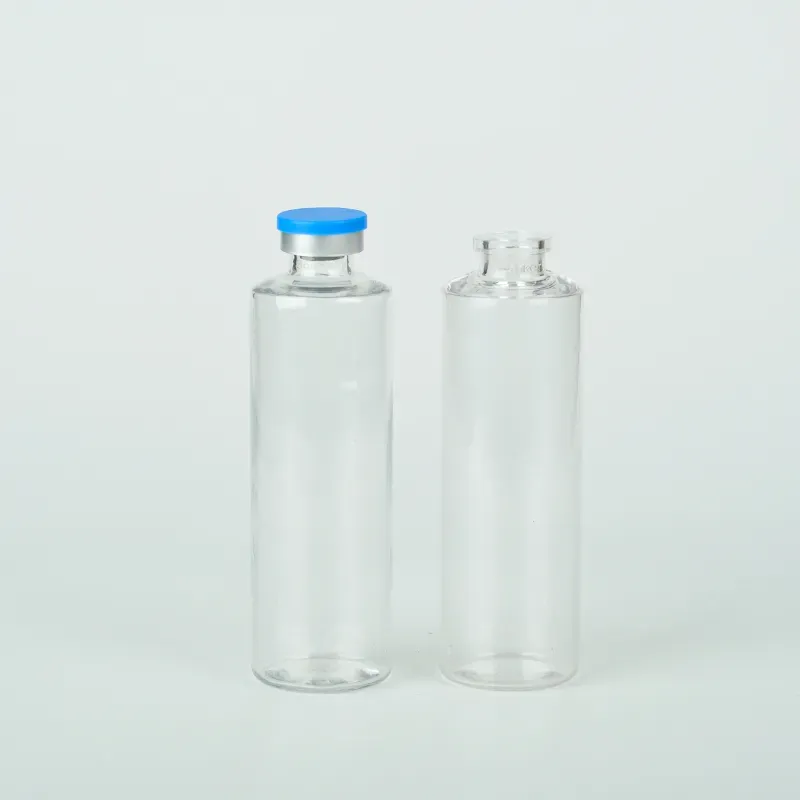chemistry dropper bottle
The Chemistry Dropper Bottle A Vital Tool in the Laboratory
In the realm of chemistry, precision and accuracy are paramount. This is where the dropper bottle, a seemingly simple yet essential tool, comes into play. Used widely in laboratories around the world, dropper bottles are designed for the controlled dispensing of liquids, making them an invaluable asset for chemists.
The Design and Functionality of Dropper Bottles
A typical dropper bottle consists of two main components the bottle itself and the dropper or pipette. The bottle is often made from glass or high-density polyethylene (HDPE) to withstand a diverse range of chemical substances. The dropper, which is usually a glass or plastic tube fitted with a rubber bulb, allows for precise control of liquid volume. This design enables users to dispense one drop at a time, providing an excellent way to add reagents to a solution without causing spillage or waste.
Dropper bottles come in various sizes, ranging from small 10-milliliter bottles to larger 100-milliliter ones. This variety facilitates their use for different applications, such as dispensing solvents, acids, bases, and other chemical reagents. Moreover, they are often labeled with clear indicators to ensure that chemists can easily identify the contents, reducing the risk of accidental mix-ups.
Importance of Dropper Bottles in Chemistry
The importance of dropper bottles in chemistry cannot be overstated. Many reactions require specific measurements of reagents to proceed correctly; even slight deviations can lead to altered results or even dangerous reactions. For instance, in titration experiments, where precise amounts of titrant are needed to achieve a desired reaction endpoint, the accuracy provided by a dropper bottle is crucial.
In addition to laboratory applications, dropper bottles are also extensively used in educational settings. Science teachers employ them during demonstrations, emphasizing the importance of precision in chemical experiments. Such hands-on experience instills in students a deeper understanding of fundamental scientific concepts, promoting safety and procedural adherence.
chemistry dropper bottle

Safety Considerations
While dropper bottles are useful, it is essential to emphasize safety. Many chemicals are hazardous and can pose a threat to both health and the environment. Proper labeling is vital not only for identification but also for the safety of lab personnel. Users must ensure that dropper bottles are securely closed when not in use to prevent spills and contamination. Additionally, students and lab personnel should be trained in handling chemicals safely, including what to do in case of a spill or exposure.
To further enhance safety, some laboratories opt for dropper bottles made from non-reactive materials, which help prevent chemical reactions with the bottle’s material. Moreover, some modern dropper bottles now feature built-in mechanisms to minimize the risk of contamination and ensure that users dispense only the desired amount of liquid.
Future Developments
As the field of chemistry continues to evolve, so too will the technology surrounding dropper bottles. Developments such as integrated measurement technologies may be on the horizon, allowing for even greater precision in dispensing liquids. Innovations in materials may also lead to more environmentally friendly options, further promoting sustainability within laboratory practices.
Conclusion
In conclusion, the chemistry dropper bottle is a fundamental tool that plays a crucial role in ensuring accuracy and safety in laboratory settings. With its ability to dispense liquids in a controlled manner, it facilitates numerous experiments and educational demonstrations. As science continues to progress, so will the designs and functionalities of these essential tools. It’s imperative for chemists and students alike to appreciate and properly utilize this simple yet significant device, as it represents the integrity of scientific experimentation.
-
Aesthetic Makeup Spray Bottles | Fine Mist Empty RefillableNewsAug.19,2025
-
White Plastic Veterinary Vaccine Vials | Lab Liquid BottlesNewsAug.18,2025
-
Plastic Medicine Liquid Bottle: Secure Flip Top Drug VialsNewsAug.17,2025
-
Durable 250ml Blue Plastic Vaccine Vial for Lab & Vet UseNewsAug.16,2025
-
Sterile Virus Sample Tubes: Secure & Reliable Specimen CollectionNewsAug.15,2025
-
White 250ml Plastic Vaccine Vial for Lab & Vet MedicineNewsAug.14,2025
























